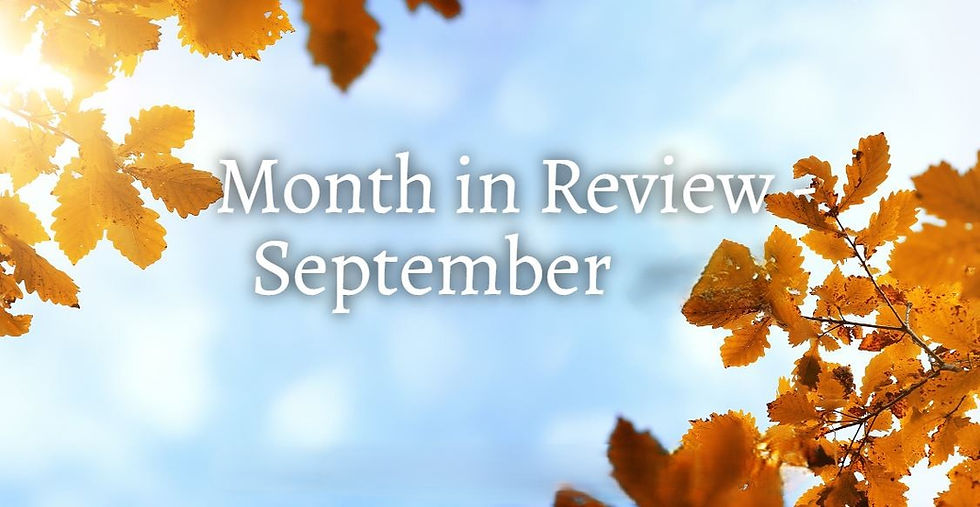Unlocking the Secrets: Fun Strategies to Write Authentic Historical Fiction
- apiperburgi
- Jul 16
- 4 min read

Writing historical fiction can be both thrilling and challenging. You have a rich tapestry of events and lives to draw upon while trying to create an intriguing narrative. If you aim to capture the essence of a bygone era, you need a careful approach to research, character development, and world-building. In this blog post, we’ll explore fun strategies to help you craft your historical tales with authenticity and flair.
Embrace the Research Adventure
Research is the foundation of historical fiction. To write authentically, immerse yourself in history. Don't just skim textbooks; explore a variety of resources such as documentaries, TV shows, museums, diaries, letters, newspapers, and first-hand accounts.
For instance, historians often find that using at least three different types of sources results in a more nuanced understanding of specific events. This approach can inspire new plot twists or character arcs. Consider letters of a soldier during the Civil War; they can reveal deeply personal experiences that textbooks often overlook.
Primary sources, like oral histories and journals, are crucial. They provide invaluable insights into daily life, societal norms, and cultural intricacies, enriching your narrative dramatically.
Create Multi-Dimensional Characters
Your characters should not be one-dimensional tools for moving the plot forward. Instead, they must be complex individuals shaped by their historical contexts.
When designing your characters, delve into their backgrounds, beliefs, and motivations. For example, if your character lived through the suffrage movement, examine how their views about gender roles are shaped by that pivotal time.
Draft character biographies that include their upbringing, reactions to significant historical events, and personal relationships. A character who experienced the aftermath of WWII may approach life, love, and conflict differently than one who lived during Victorian times. This depth makes your story a vibrant journey through time.
Setting: The Mind of the Era
Your setting is not just a backdrop; it actively shapes your narrative and characters. A well-crafted historical environment immerses readers in your world.
Use sensory details to bring your setting to life: What do people see, hear, smell, and feel? If your story is set in Victorian England, research the architecture, fashion, and social customs of that time. For instance, a description of horse-drawn carriages navigating the cobblestone streets can enhance the historical feel.
Explore ordinary life as well. How did people communicate? What did they eat? By integrating detailed descriptions, like the scent of freshly baked bread wafting through a marketplace, you enrich your narrative and connect readers to your world.
Incorporate Historical Events Thoughtfully
Integrating historical events into your story can add depth but must be handled carefully.
For instance, if you set your story during the Great Depression, consider how the economic downturn affects your protagonist's job, family dynamics, and aspirations. A character who loses their job may struggle with more than just finances; they might face societal stigma or mental health issues.
Moreover, remember that history is layered. Different groups may interpret events differently. Including various perspectives, such as voices of marginalized communities, enriches your narrative and invites readers to think critically about history.
Dialogue with an Ear for the Time
Crafting authentic dialogue is one of the more challenging aspects of writing historical fiction. Finding the right balance between period-appropriate language and clarity for modern readers is key.
Research period literature, plays, and multimedia to understand how people communicated in your chosen era. For example, characters in the 1920s might use slang like "the bee's knees" to express approval. However, don’t overwhelm your readers with jargon; too much unfamiliar language can alienate them.
A smart approach is to ensure that your dialogue sounds authentic but retains a level of clarity that keeps readers engaged. Use historical phrases and terms sparingly to retain the modern reader's connection.
Sensitivity to Historical Context
As a writer, you bear a responsibility for historical accuracy and the representation of cultures and events.
Be mindful of sensitive subjects such as wars, colonialism, race relations, and gender issues. When you portray any of these topics, strive for accuracy and nuance. For example, addressing the struggles of marginalized communities during specific historical events ensures respectful storytelling.
Consider enlisting the help of sensitivity readers or consulting experts. Their feedback can provide insights that align with your narrative while ensuring respectful treatment of the subjects at hand.
Engage with the Community
Writing historical fiction does not have to be a lonely journey. Joining writing groups or participating in online communities can provide invaluable feedback and support.
Sharing your work with others allows for fresh perspectives and can ignite new ideas. Communities focused on historical fiction often offer resources for research and writing techniques as well. Discovering new books related to your era can vastly improve your understanding of the context you're writing about.
Connection with fellow writers can also recharge your creative batteries and boost your motivation.
Final Thoughts
Writing historical fiction offers a rewarding pathway to explore lives that history may have forgotten. By mastering strategies such as conducting thorough research, developing multi-dimensional characters, creating immersive settings, thoughtfully incorporating historical events, and crafting authentic dialogue, you can weave captivating narratives.
Let curiosity and creativity drive you, knowing that authenticity enhances your storytelling. Now, unlock those secrets and let history inspire your next literary creation!
Piper is the award-winning author of The Country Girl Empress series. When she isn't busy typing on her computer, she can be found chasing after her furry children or holding on tightly to a good cup of coffee. Follow her on LinkedIn, Facebook, Medium, and Goodreads.








Comments